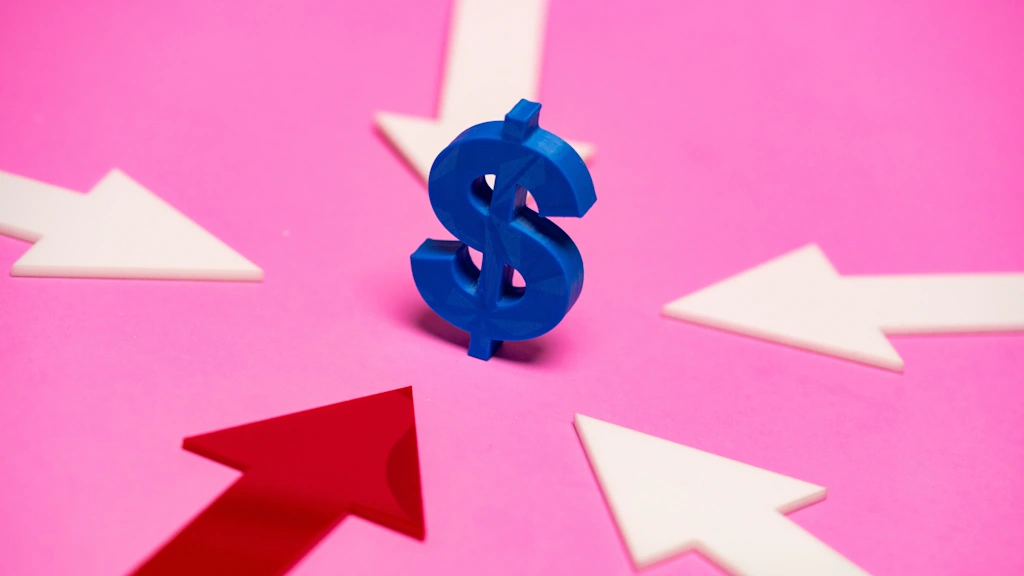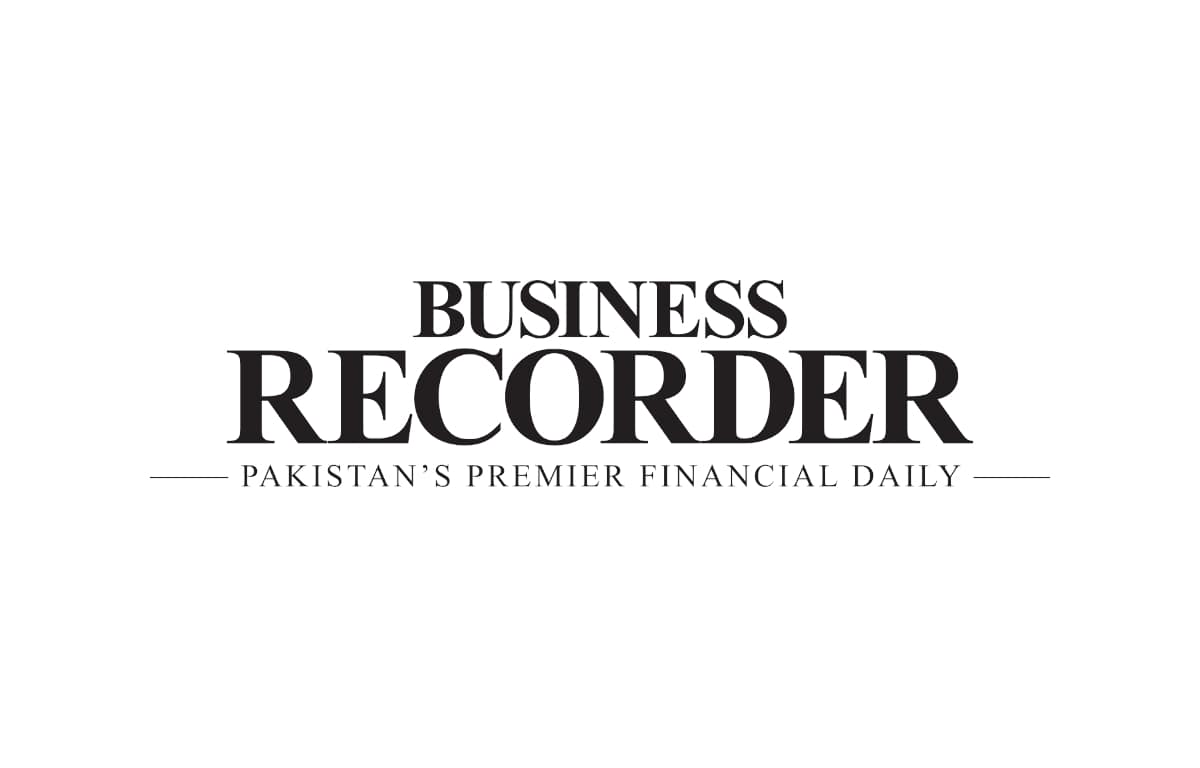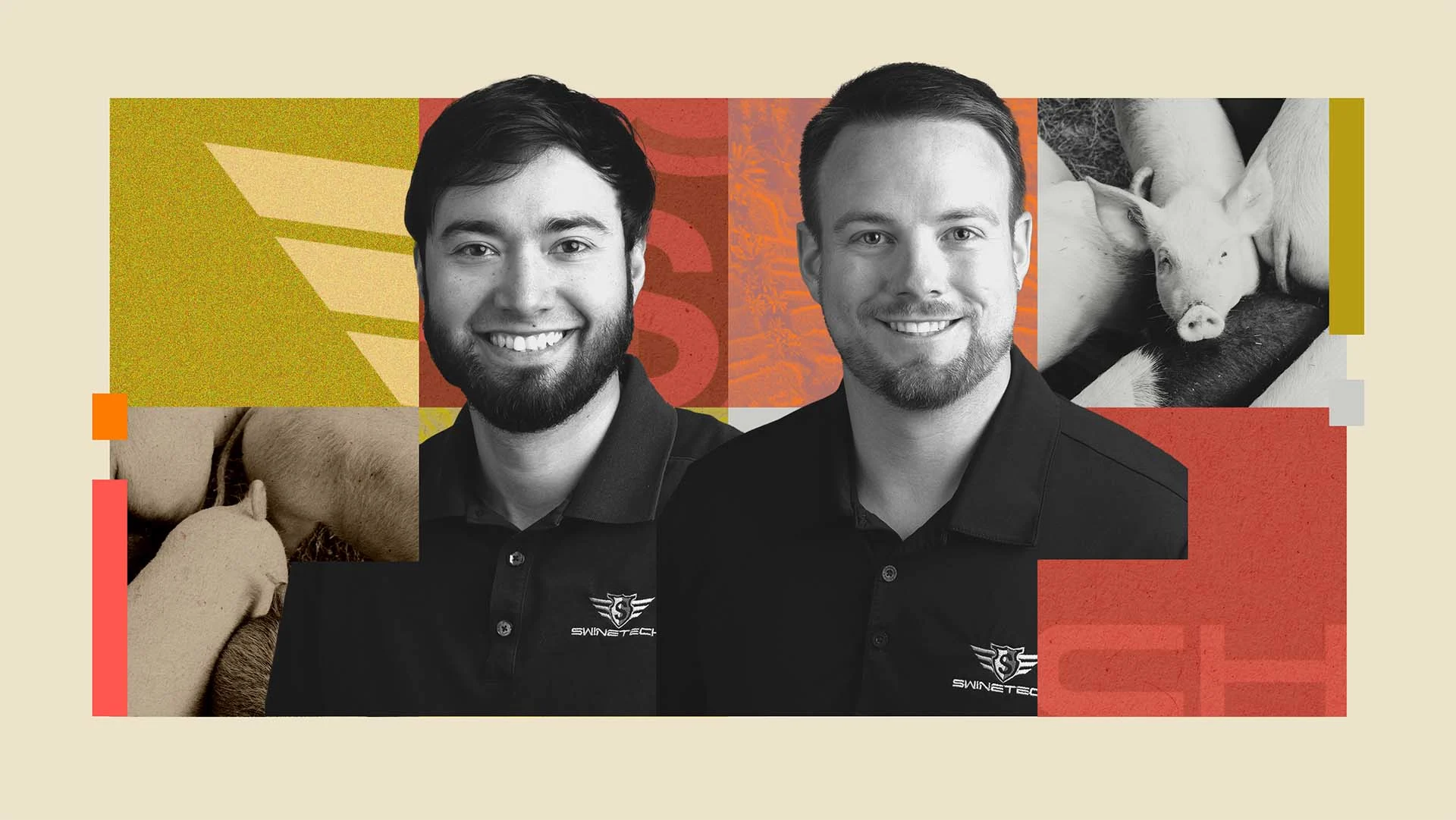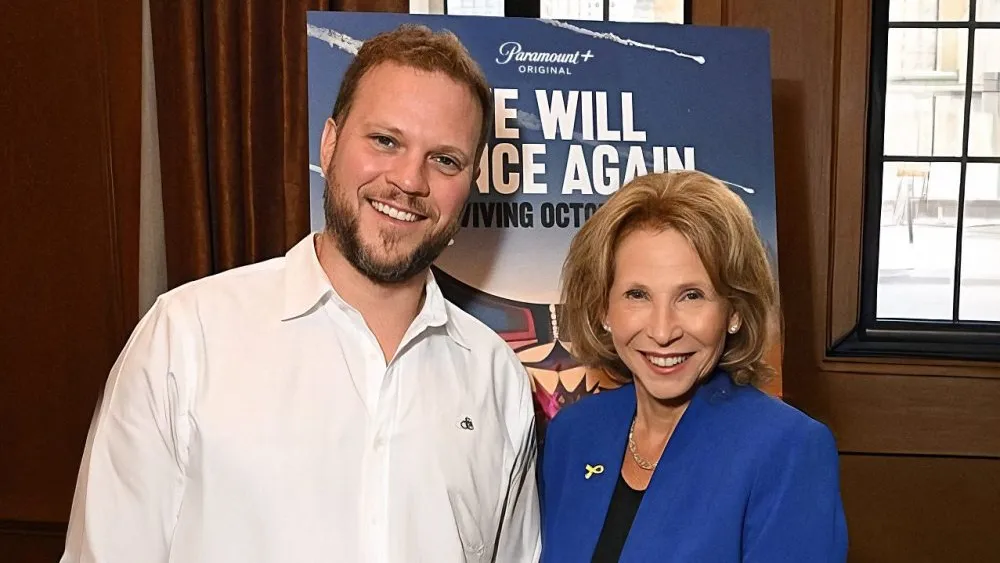
Female entrepreneurs are on equal footing with their male counterparts in creating businesses with a societal impact. But there is still a colossal gap in startup funding between women and men who prioritize social issues alongside corporate profit. That is in danger of growing even larger as DEI policies are increasingly removed.
The Schwab Foundation’s Global Alliance for Social Entrepreneurship report, The State of Social Enterprise 2013–2023, notes that there are 10 million social enterprises around the globe, accounting for $2 trillion in annual revenue, and providing 200 million jobs. Half of those businesses are led by women. This number corresponds with business startups in general. In fact, 49% of new startups in 2024 were woman-led.
The need for funding
Behind that seeming equality, however, is the devastating reality that solely owned women-led companies get a meager 3% of available venture capital funding. You read that right, 3%.
To work around that wall, women often must be more creative and innovative to secure funding. They often turn to less traditional funding sources—organizations such as ours, Boundless Futures Foundation (BFF), and Kiva. BFF provides financial support and leadership resources to female founders whose businesses also address a societal issue. Kiva is a global nonprofit that supplies much-needed capital to social entrepreneurs through crowdfunded loans.
Subscribe to the Daily newsletter.Fast Company’s trending stories delivered to you every day
Privacy Policy
|
Fast Company Newsletters
Our organizations recently partnered to establish a revolving loan fund, produce an impact study on the effects of women social entrepreneurs, and collaborate on strategic approaches to reduce barriers facing female founders. Organizations like ours are making an impact in a world that desperately needs businesses to stand up and do the right thing.
Women are addressing social causes
Even with one or more financial arms tied behind their backs, women founders who envision a better world are hanging out the “open” signs. So, what are these innovatively financed women-led businesses accomplishing? They are fostering economic opportunities while tackling some of the world’s most pressing issues like poverty and hunger, climate change, financial inclusion, and much more.
For example, Quipu is a female-founded socially responsible digital bank. It’s on a mission to empower informal entrepreneurs in Latin America by providing easy and fair access to credit and other financial services. Quipu has served over 23,000 microentrepreneurs, 60% of whom are women. Their crowdfunded loan from Kiva allowed them to scale financial access to an additional 1,800 informal small businesses whose average loan request was $55.
Bake Me Healthy is a business founded by Kimberle Lau that received a grant from BFF. The company produces easy-to-make plant-based baking mixes that are gluten-free, vegan, and avoid the top nine allergens. Bake Me Healthy ingredients are not only clean, but they also tackle the problem of food waste by including upcycled ingredients—food that typically goes to waste and creates greenhouse gases—such as ugly bananas and flour made from the byproduct of sunflower oil production.
Diaspora Co. couldn’t sit idly by as the commodity spice trade severely undercompensated farmers and produced low-quality final products. This woman-led social enterprise circumvented the status quo and began working directly with small sustainable farm partners in India and Sri Lanka. They strive for quality products and, in the process, greatly increased the farm laborers’ wages. Their Kiva crowdfunded loan enabled Diaspora Co. to bring on more farms and buy more produce.
The path forward
Stories like these are endless. Social enterprises are good for the world and women stand shoulder to shoulder with men trying to make the world a better place. And while we have some measure of equality in terms of the number of businesses, we are a long way from any sort of equity in the ability for women to attain financial support. It’s time we understand the financial barriers that women business founders face and take the necessary steps toward institutional change.
Vishal Ghotge is CEO of Kiva. Soon Hagerty is cofounder and president of Boundless Futures Foundation.



